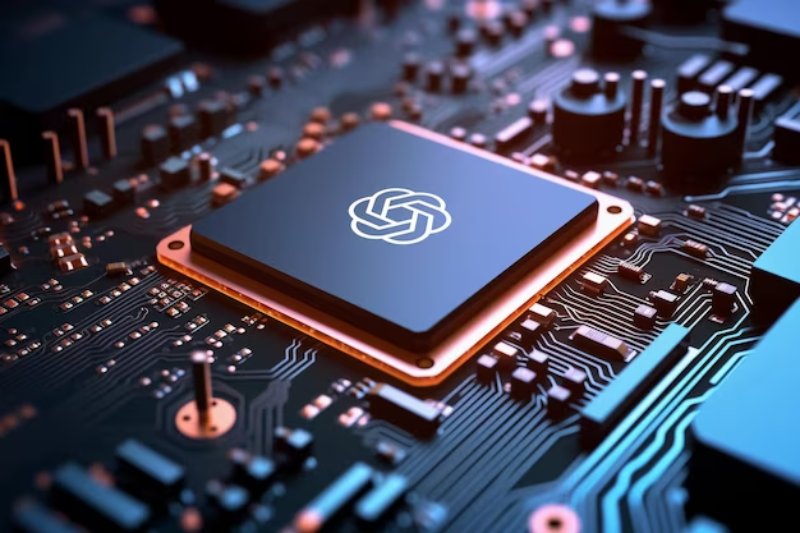To do the intricate math required for AI training, experts at the University of Pennsylvania have created a new microprocessor that runs on light waves rather than electricity. With this technology, computers could process information at a much faster rate and use less power overall.
The silicon-photonic (SiPh) chip design is the first to combine the technology of the silicon-photonic (SiPh) platform—which uses silicon, the inexpensive, abundant element used to mass-produce computer chips—with the groundbreaking research of H. Nedwill Ramsey Professor and Benjamin Franklin Medal Laureate Nader Engheta on manipulating materials at the nanoscale to perform mathematical computations using light—the fastest possible means of communication.
One path toward creating computers that surpass the capabilities of current chips—which are largely built on the same ideas as chips from the early days of the computing revolution in the 1960s—is the interaction of light waves with matter.
Taking advantage of the fact that Aflatouni’s research group has pioneered nanoscale silicon devices, “we decided to join forces,” adds Engheta.
Their objective was to create a platform that could carry out vector-matrix multiplication, a fundamental mathematical operation used in the construction and operation of neural networks, the type of computer architecture that underpins modern artificial intelligence systems.
According to Engheta, “you make the silicon thinner, say 150 nanometers,” but only in certain places, as opposed to using a silicon wafer of uniform height. Without the use of any additional materials, those height variations offer a way to regulate how light travels through the chip. This is because the height variations can be distributed to cause light to scatter in particular patterns, enabling the chip to execute mathematical operations at the speed of light.
Aflatouni says that this design is already ready for commercial applications and could be modified for use in graphics processing units (GPUs), the demand for which has increased dramatically with the widespread interest in creating new artificial intelligence systems, due to the limitations imposed by the commercial foundry that produced the chips.
“They can adopt the Silicon Photonics platform as an add-on,” says Aflatouni, “and then you could speed up training and classification.”
The chip developed by Engheta and Aflatouni offers advantages in terms of privacy in addition to speed and energy efficiency: Future computers equipped with such technology will be nearly impenetrable since multiple computations can occur concurrently, eliminating the need to keep sensitive data in working memory.
“No one can hack into a non-existing memory to access your information,” says Aflatouni.
Vahid Nikkhah, Ali Pirmoradi, Farshid Ashtiani, and Brian Edwards from Penn Engineering are the other co-authors.


 Entertainment3 weeks ago
Entertainment3 weeks ago
 Entertainment3 weeks ago
Entertainment3 weeks ago
 Entertainment3 weeks ago
Entertainment3 weeks ago
 Entertainment3 weeks ago
Entertainment3 weeks ago
 Entertainment4 weeks ago
Entertainment4 weeks ago
 Entertainment3 weeks ago
Entertainment3 weeks ago
 Entertainment4 weeks ago
Entertainment4 weeks ago
 Entertainment2 weeks ago
Entertainment2 weeks ago














